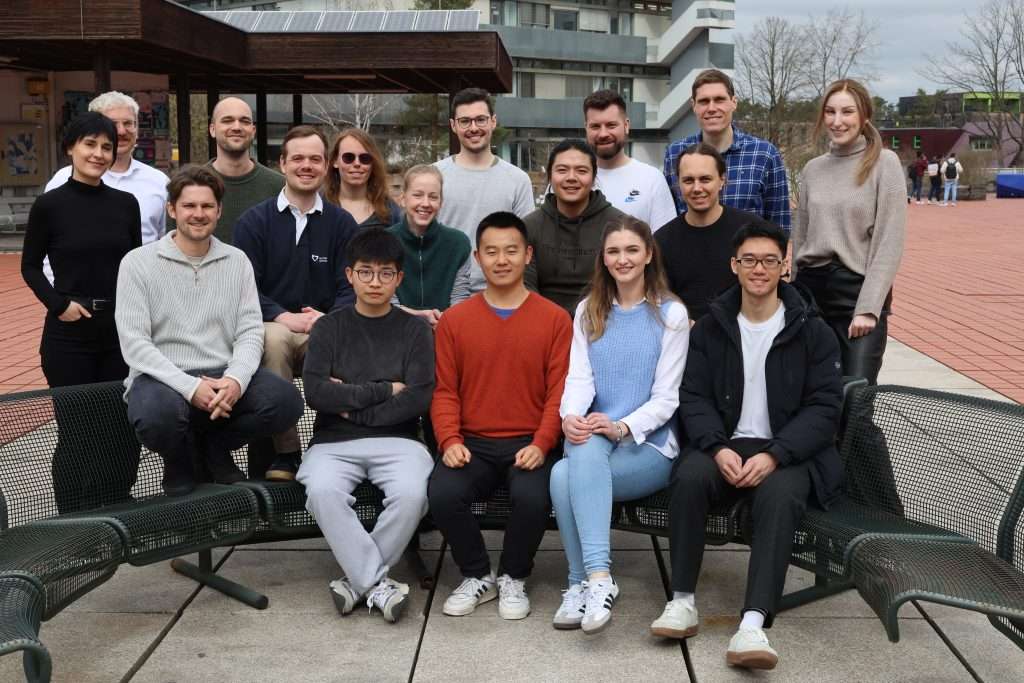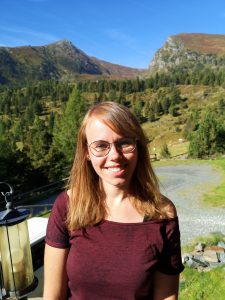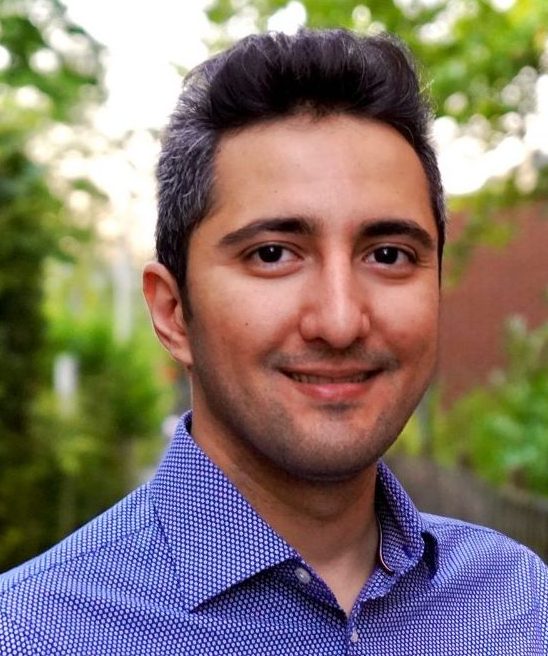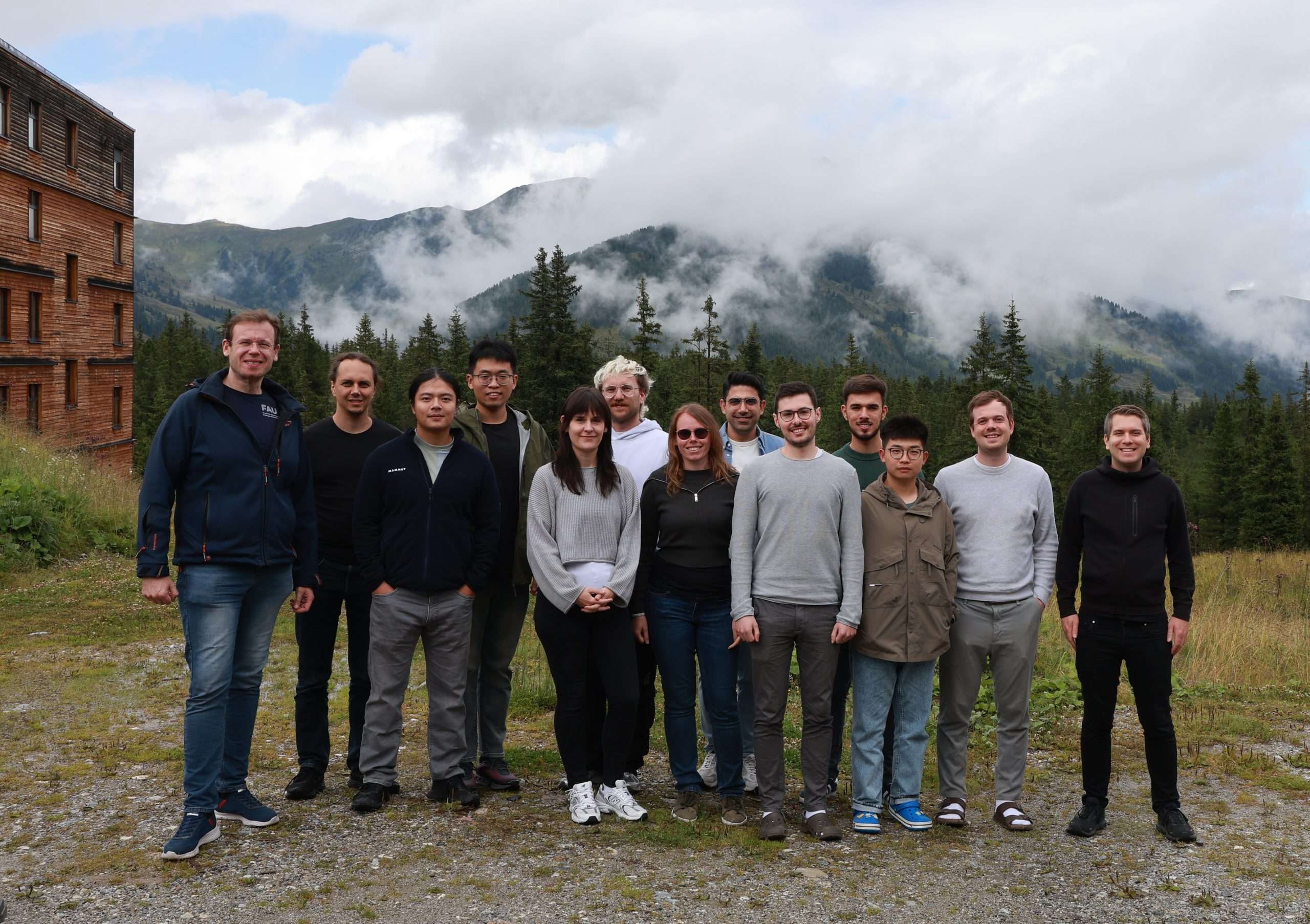
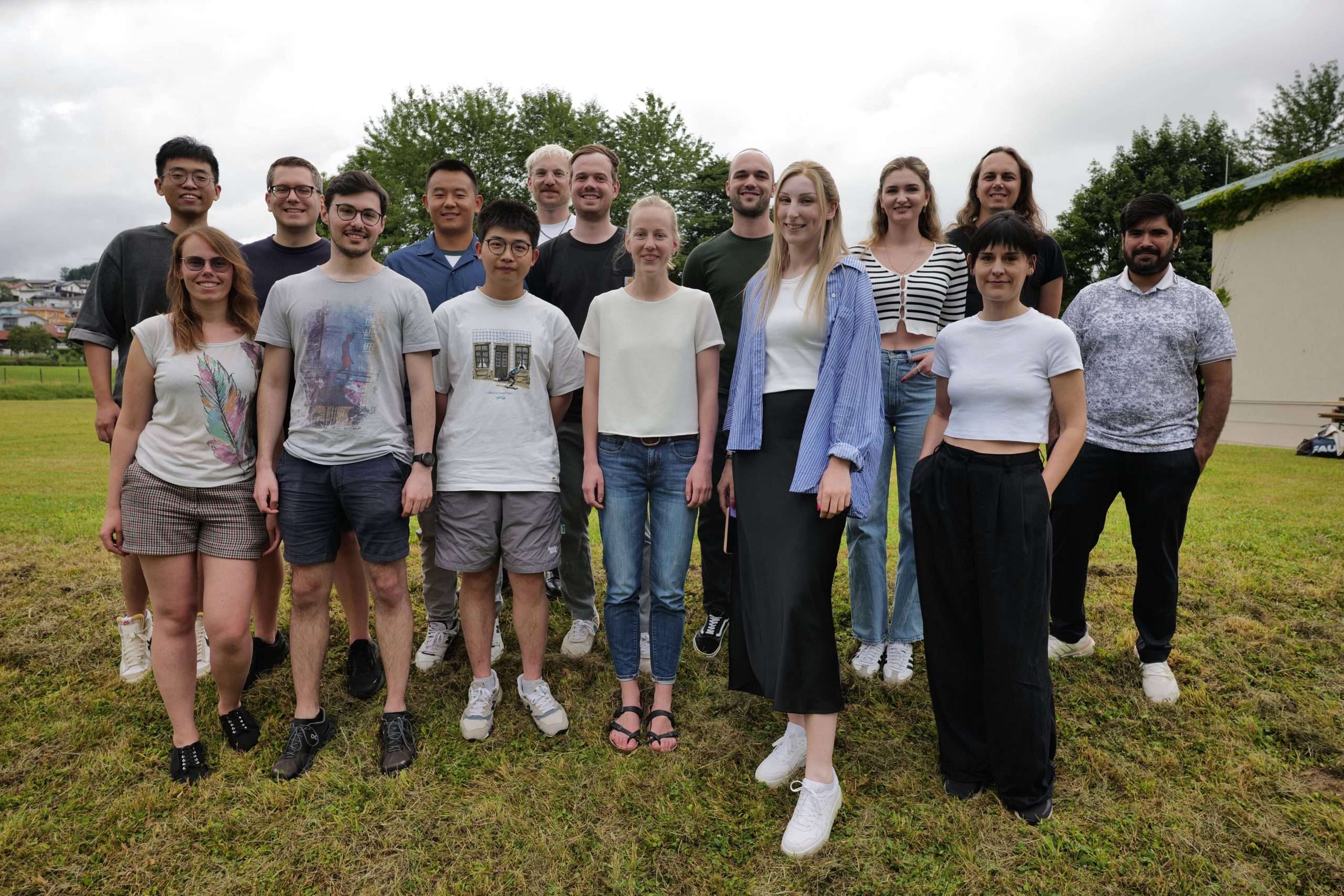
The “Inverse Problems and Applications” (IPA) research group addresses the challenge of inverse problems, essential for reconstructing signals from observations and controlling systems to achieve desired outcomes. The group’s research focuses on advancing clinical imaging through innovative approaches to inverse problems.
Key research areas include:
Tomographic Reconstruction: Developing techniques for various imaging modalities such as cone-beam CT, photon counting CT, robotic CT, PET, SPECT, and OCT, even under suboptimal conditions, to enhance diagnostic accuracy and reliability.
Image Quality: Enhancing the clarity and detail of medical images, promoting better diagnostic and treatment planning capabilities.
Blood Flow Analysis: Predicting and analyzing vascular dynamics to aid in the understanding and treatment of circulatory conditions.
Motion Estimation and Correction: Implementing solutions for both rigid and non-rigid motion, ensuring precise imaging despite patient movement.
Funding source: Bayerisches Staatsministerium für Wirtschaft, Landesentwicklung und Energie (StMWi) (seit 2018)
Project leader: ,
Linda-Sophie Schneider, M. Sc.
Researcher
In Vorhaben SmartCT sollen KI-Methoden entwickelt und angewendet werden, die Roboter-CT Systemen ermöglicht, selbstständig, also autonom, die äußeren und inneren Strukturen beliebiger Objekte zu digitalisieren. Diese so erzeugten Daten stellen die Basis von neuartigen, innovativen und datengetriebenen Geschäftsmodellen in vielen Bereichen wie Produktentwicklung, Produktion, Handel, Instandhaltung, Sicherheit und Recycling dar.
Roboter-CT Systeme können beliebige Objekte (Fahrzeugkomponenten, Flugz…
Funding source: Bundesministerium für Forschung, Technologie und Raumfahrt (BMFTR)
Project leader: ,
The goal of this project is the investigation of multimodal methods for the evaluation of interventional workflows in the operation room. This topic will be researched in an international project context with partners in Germany and in Brazil (UNISINOS in Porto Alegre). Methods will be developed to analyze the processes in an OR based on signals from body-worn sensors, cameras and other modalities like X-ray images recorded during the surgeries. For data analysis, techniques from the field of…
Funding source: Bundesministerium für Forschung, Technologie und Raumfahrt (BMFTR)
Project leader: ,
Yipeng Sun, M. Sc.
Researcher
Synchrotron tomography, using brilliant X-rays, allows for high-resolution, artifact-free imaging. Unlike traditional lab CT, this technique can also conduct rapid 4D tomography experiments, leading to vast amounts of data. The KI4D4E project aims to develop AI methods to process these large data sets. The focus is on artifact reduction, segmentation, and visualization of large 4D data sets. The methods are intended to be applicable to data from both photon and neutron sources.
Funding source: DFG / Graduiertenkolleg (GRK)
Project leader:
Motion Correction for Weight-Bearing C-arm CT of Knees
Project leader:
Maximilian Reymann, M. Sc.
Researcher
This project is about improving image quality in certain SPECT applications.
Alexander Jung, M. Sc.
- Phone number: +49 9131 85-27775
- Email: alexander.jung@fau.de
- Website: https://lme.tf.fau.de/person/jung/
Chengze Ye, M. Sc.
- Phone number: +49 9131 85-25246
- Email: chengze.ye@fau.de
- Website: https://lme.tf.fau.de/person/chye
Daniel Mosig, M. Sc.
- Phone number: +49 9131 85-25247
- Email: daniel.mosig@fau.de
- Website: https://lme.tf.fau.de/person/damosig/
Farid Tasharofi, M. Sc.
- Phone number: +49 9131 85-27872
- Email: farid.tasharofi@fau.de
- Website: https://lme.tf.fau.de/person/fatasharofi
Joshua Scheuplein
- Phone number: +49 9131 85-25246
- Email: joshua.scheuplein@fau.de
- Website: https://lme.tf.fau.de/person/joscheuplein/
Manuela Goldmann, M. Sc.
- Phone number: +4991318527891
- Email: manuela.goldmann@fau.de
- Website: https://lme.tf.fau.de/person/magoldmann/
Noah Maul, M. Sc.
- Phone number: +49 9131 85-25246
- Email: noah.maul@fau.de
- Website: https://lme.tf.fau.de/person/maul/
Dr.-Ing. Siming Bayer, Dr. -Ing
- Mobile phone: +4917622520695
- Email: siming.bayer@fau.de
- Website: https://lme.tf.fau.de/person/sbayer/
Siyuan Mei, M. Sc.
- Phone number: +49 9131 85-27873
- Email: siyuan.mei@fau.de
- Website: https://lme.tf.fau.de/person/simei/
Stefan Ploner, M. Sc.
- Phone number: +49 9131 85-28982
- Email: stefan.ploner@fau.de
- Website: https://lme.tf.fau.de/person/ploner/
Timo Klemm, M. Sc.
- Phone number: +49 9131 85-27874
- Email: timo.klemm@fau.de
- Website: https://lme.tf.fau.de/person/klemm/
Yipeng Sun, M. Sc.
- Phone number: +49 9131 85-20281
- Email: yipeng.sun@fau.de
- Website: https://lme.tf.fau.de/person/sun/
Dr.-Ing. Yixing Huang
- Phone number: +49 9131 85-25247
- Email: yixing.yh.huang@fau.de
- Website: https://lme.tf.fau.de/person/huang
Next Events
Deep Learning-Based Classification of Body Regions in Intraoperative X-Ray Images – MT Final Talk by Anindya Banerjee
Development of a Foundation Model for Real-Time Applications in Interventional X-Ray Imaging – MT Intro Talk by Arash Mousavi
Contacts
Florian Goldmann
Martensstr. 3
91058 Erlangen
- Email: florian.goldmann@fau.de
- Website: https://lme.tf.fau.de/person/goldmann/
Linda-Sophie Schneider, M. Sc.
Martensstr. 3
91058 Erlangen
- Phone number: +49 9131 85-28982
- Email: linda-sophie.schneider@fau.de
- Website: https://lme.tf.fau.de/person/lsschneider/
Relations to other fields of research

